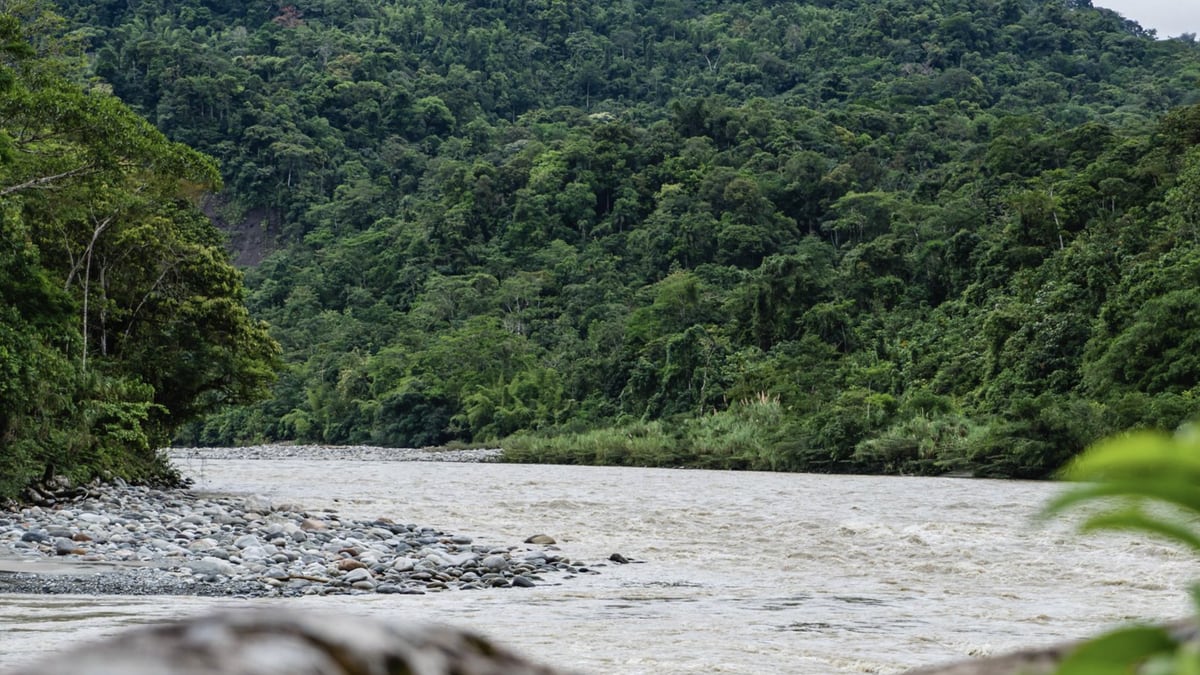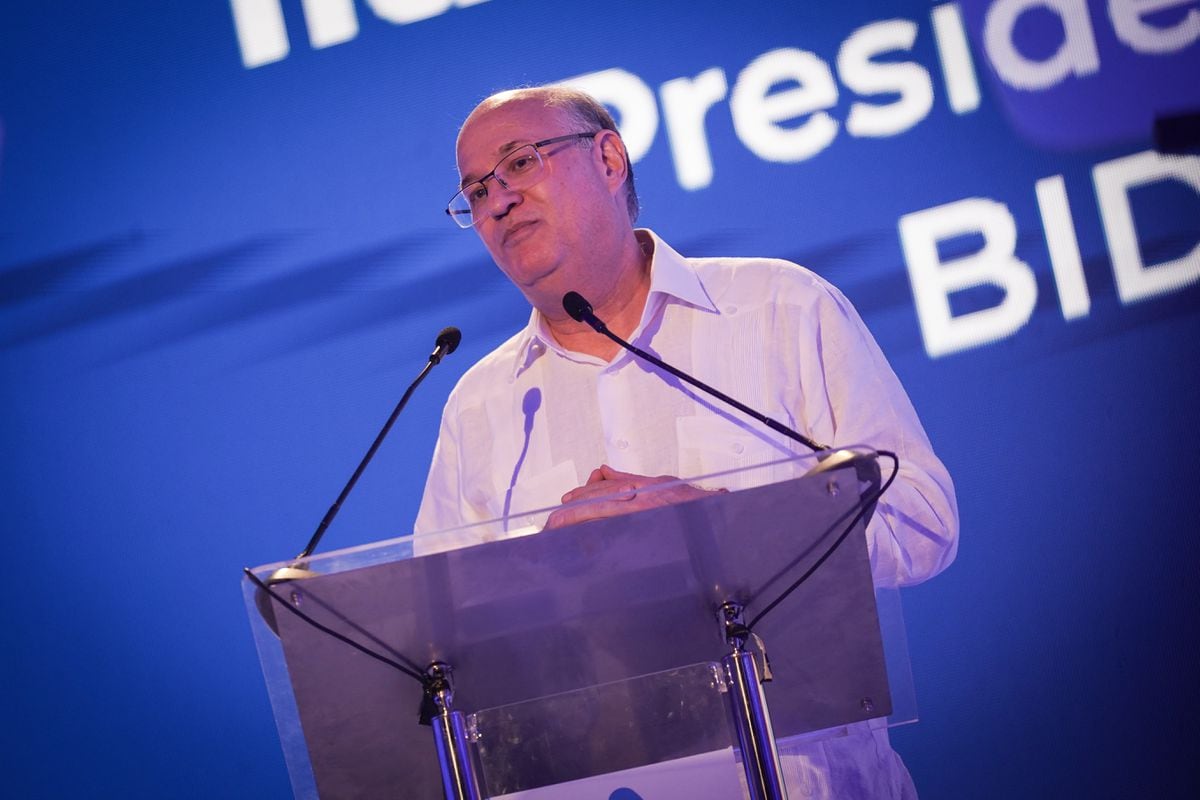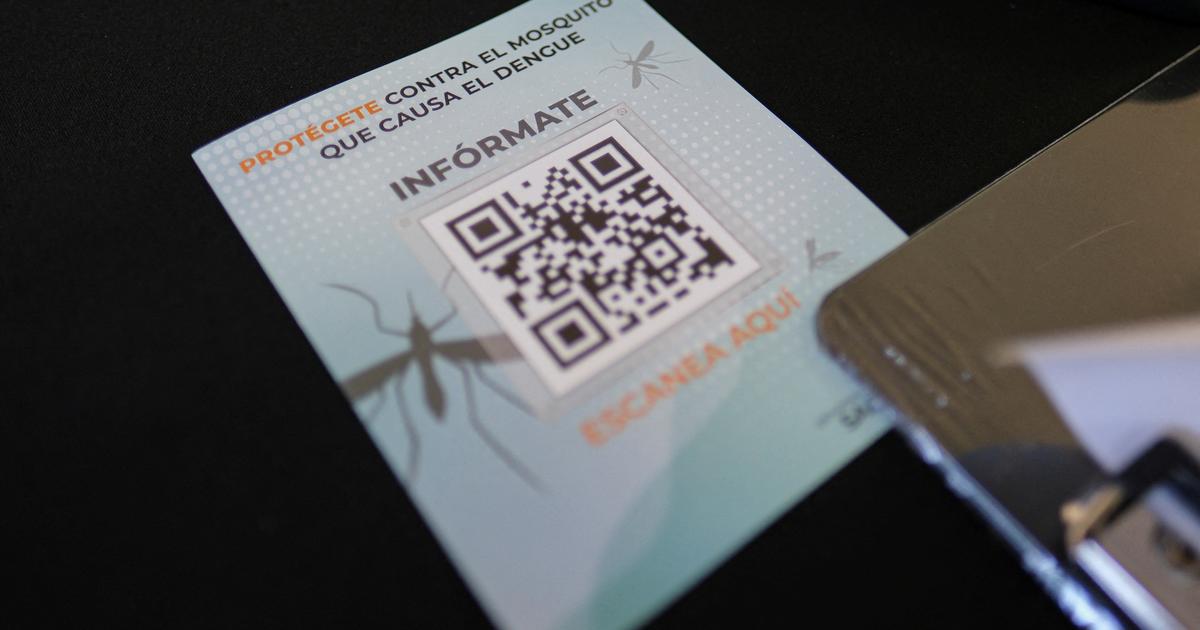Note to readers: EL PAÍS offers the Future Planet section for its daily and global informative contribution on the 2030 Agenda. If you want to support our journalism,
subscribe here.
The Director of UNEP for Latin America and the Caribbean, Piedad Martín.
At this point in the pandemic, it is not news that Latin America and the Caribbean is the region most affected by the coronavirus. And although their countries are rich in natural resources, they are about to lose "the historic opportunity" to invest in a green recovery, warns the United Nations Environment Program (UNEP) based on data from a new platform that tracks tax spending policies related to covid-19 on a weekly basis.
According to the tool launched this Thursday, only 2% of the recovery investments of the 33 Latin American countries are destined to face the climate collapse, while the average is 19% in the rest of the world.
On the contrary, “dirty spending” on polluting alternatives has so far been the most prominent.
Based on these evidences, Piedad Martín (Badajoz, Spain, 1977), director of the organization for the region, comments from a video call how this trajectory can still be corrected.
Question.
Why is Latin America missing this opportunity?
More information
SPECIAL |
A year without stepping on my school
In search of lost jobs in Latin America and the Caribbean
When vaccination plans are a reflection of inequality in Latin America and the Caribbean
Answer.
The weight of the pandemic is very high for the region and, in this context, most of the investment has been dedicated to the health response, saving lives, strengthening health care systems and now, obviously, to advance with vaccination schedules.
So not only is not enough investing in the recovery, because it is still in the response to the emergency, but there is also no emphasis on green within what has already begun to be announced and we have reviewed more than 1,100 measures prosecutors.
P.
However, there is talk of the recovery being green, what are the main limitations to go into practice?
R.
One limitation is the deep indebtedness of the region.
There is a fiscal deficit in most countries, so the space for public spending has been greatly reduced.
For example, here the countries allocated 490 dollars (403 euros) per capita to deal with covid-19, compared to the most advanced economies that injected 12,700 dollars (about 10,500 euros).
Decision makers do not have enough data to show that green alternatives generate more employment and also higher economic growth
Another barrier is that decision makers do not have enough data to show that green alternatives generate more employment and also greater economic growth.
That is where we are supporting various countries to create the scenarios between "business as usual" and the ecological alternative.
For example, we show that in Panama the transition generates four times more jobs than continuing to invest in fossil sectors.
With this data, innovative decisions can be made, which cost more in a context of as much uncertainty as the current one.
Q.
What green alternatives have the most potential for the region?
R.
One is sustainable energy, with examples such as Brazil that last year generated 86,000 jobs from a solar energy initiative, which it also included in its recovery plan.
Another is zero-emission transportation.
There we see great potential because people could connect better within and between cities, and urban pollution would also be reduced, which is having a very big impact here.
And then there are investments in nature-based solutions, which are less expensive than gray infrastructure and can be more resilient to climate change.
There is the opportunity to create jobs, while restoring nature and supporting its conservation.
Q.
Would Brazil be an example for other Latin American countries?
A.
Yes, to the extent that there are strategies that the country has included in the recovery plan that are very promising, such as the one you mentioned about solar energy. Also in the rescue of the pandemic, it created a line of credit for biofuels to try to make them more competitive than gasoline or diesel. But it must be said that Brazil has announced a reduction in royalties associated with the exploration, development and production of oil and natural gas, this at a time when targeting fossil sectors with investments of this magnitude or reducing royalties can mortgage several decades of sustainable development of a country because it is not going towards decarbonization. We believe that there you can do more to increase your commitment to the Paris Agreement.
In the pandemic, awareness grew that our pressure on nature can have a health impact of this caliber
Q.
And at what point are other countries in this commitment to lower their emissions?
A.
In the pandemic, awareness increased that our pressure on nature can have a health impact of this caliber.
So we do feel more than ever that sense of alert, that we have to act, and there are several countries that have presented what are called more ambitious Nationally Determined Contributions such as Chile, Argentina, Costa Rica, Colombia, Peru and the Dominican Republic.
Others are working on it.
All this is creating a way in which it is known what can and should be done to increase ambition.
Now what must be achieved is that recovery plans are consistent with those commitments.
Q.
What is at stake if the region does not go green?
A.
Last year there was a very unfortunate convergence.
We were with the Covid-19 crisis when one of the strongest hurricane seasons in the Caribbean region in recent years arrived and we also had a tremendous fire season throughout South America.
So what is at stake is what we have already seen: human lives, huge economic impacts, loss of nature and increased fires, droughts and floods.
It will increase unless it is reversed.
We know that the cost of green recovery is less than the losses that climate change will leave in Latin America.
If the current course is not corrected, a great opportunity to build resilience and sustainability will be lost.
Q.
Is there time to correct it?
R.
I am convinced that it is. But it is not only in the hands of the region. If we talk about climate justice, there are other countries and other areas that have to take a very strong step forward in order to stop climate change. That is why every effort is being made so that this transition takes place at the next COP [Climate Summit]. And I believe that there are also more and more leaders who realize that young people, children and future generations deserve that we make this bet. Because it is these generations that have been most affected by the pandemic, they have lost opportunities, they have suffered in mental health and they are viewing climate change with great concern. Our generation and those before ours owe them the correction of this trajectory.
FUTURE PLANET can follow on
,
and
, and subscribe
here
to our 'newsletter'
.


/cloudfront-eu-central-1.images.arcpublishing.com/prisa/6YOQKRNM2VFEDJ77EV4BG7TTOQ.JPG)






/cloudfront-eu-central-1.images.arcpublishing.com/prisa/2C5HI6YHNFHDLJSBNWHOIAS2AE.jpeg)





